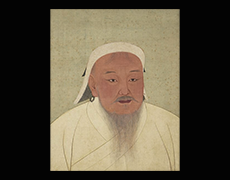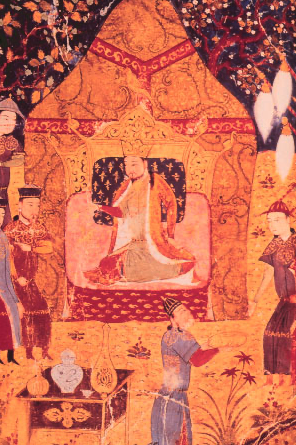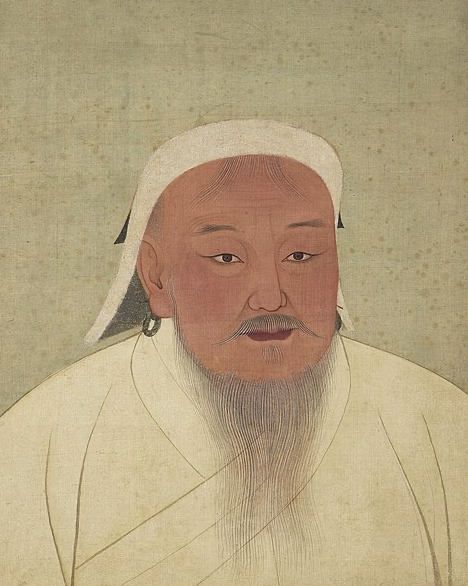
Genghis Khan, also known as Temujin, was the founder and first Great Khan of the Mongol Empire, which became the largest contiguous empire in history after his death.
The exact cause of his death is not known, but there are several theories about how he might have died.
1. Injuries from Battle
One theory is that Genghis Khan died from injuries sustained during a battle. As a warrior and leader, Genghis Khan was known to have participated in many battles throughout his life. He could have died from wounds sustained in one of these battles.

2. Illness
Another theory is that Genghis Khan died from illness. He was known to have suffered from various illnesses throughout his life, including a chronic leg injury. It is possible he may have died from an infection or complication related to this injury.
3. Murdered
A third theory is that Genghis Khan was murdered. As the leader of a powerful empire, Genghis Khan would have had many enemies. One of these enemies may have taken advantage of his weakened state and murdered him.
4. Natural Causes
A fourth theory is that Genghis Khan died of natural causes. He was around 60 years old at the time of his death, which would have been considered old age for someone living in the 13th century. He may have simply died from old age or natural causes.

5. Fell from Horse
Yet another theory is that Genghis Khan died from falling from his horse. It’s said that he fell from his horse during a hunting trip and died of his injuries.
It’s important to note that the exact cause of Genghis Khan’s death is not known and may never be known. Historians can only speculate based on the available evidence.
However, whatever the cause of his death, Genghis Khan’s legacy lives on as one of the most powerful and influential leaders in history, who managed to build a vast empire and change the world forever.

